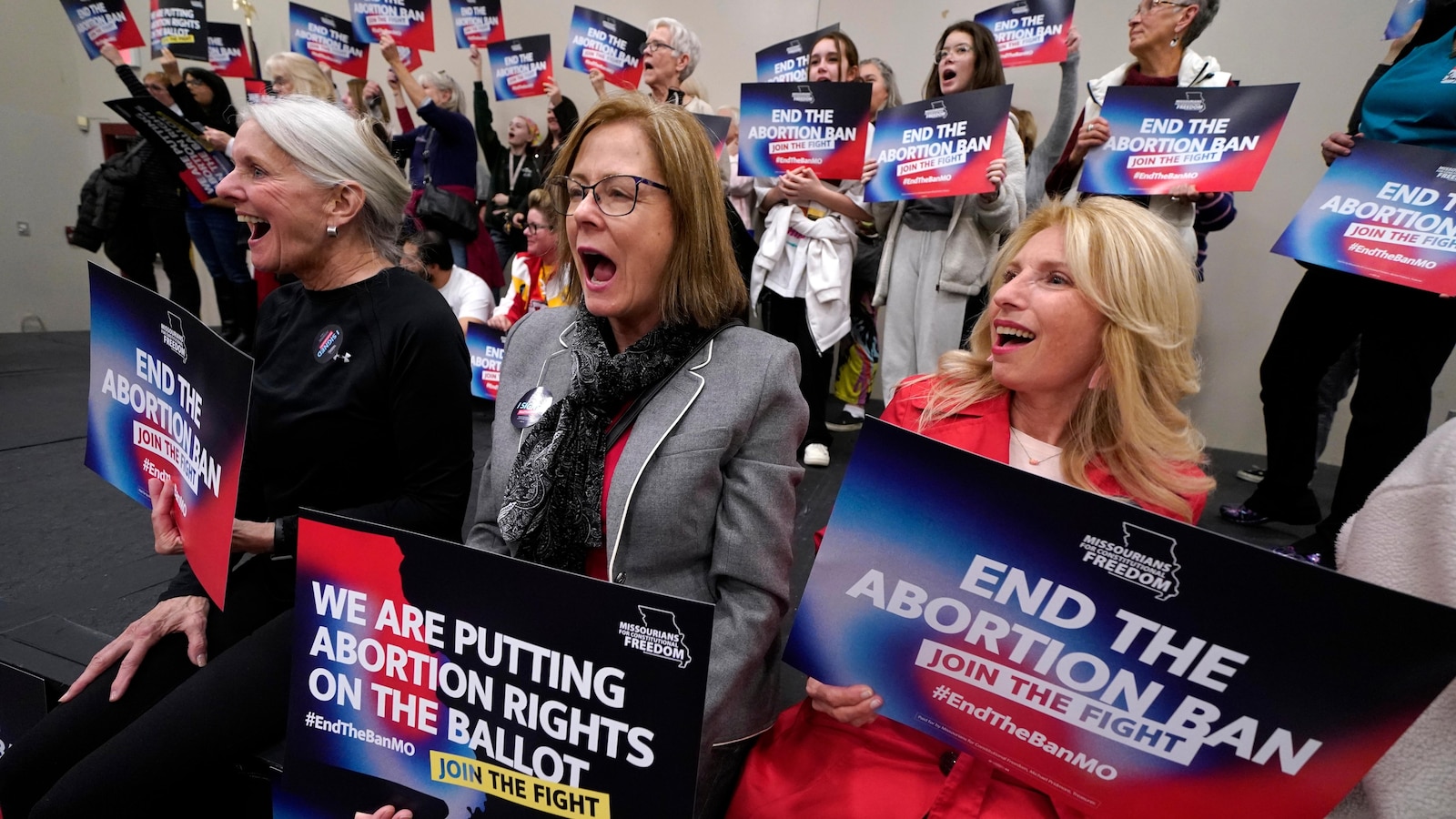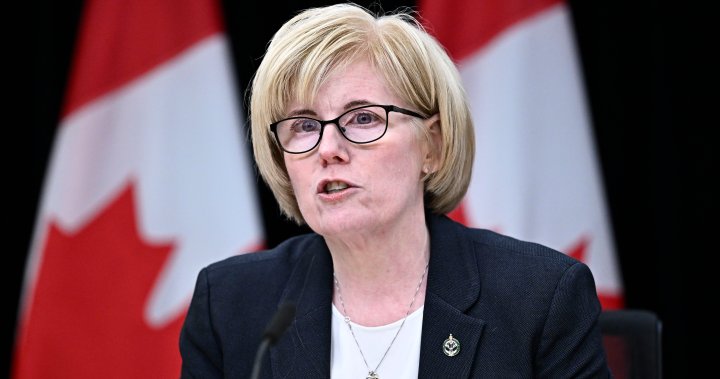A major scheme to help disabled people into work has been quietly scrapped – just as the prime minister announced a crackdown on disability benefits.
The £100m Work and Health Programme, operating in England and Wales, will end in the autumn, providers have been told, at the same time that Rishi Sunak wants to cut benefits for 420,000 sick and disabled people in an attempt to force them into work – a move that charities say would instead leave people destitute.
The blow to disabled people comes after the prime minister unveiled a plan to hand power to officials with no medical training to decide whether an employee is sick, raising the possibility that decisions about workers’ health will be taken to hit targets rather than on clinical need.
Charities condemned Sunak’s plans as a “full-on assault on disabled people” last week, after he announced a consultation on the future of the personal independence payment (PIP), which helps cover the extra costs of living with a disability or ill health.
The prime minister wants to cut the disability welfare budget of £69bn a year, amid rising levels of sickness. The charitable Health Foundation said last week that by 2040 health inequalities meant that 3.7 million adults, many in deprived areas, would be living with a major illness such as type 2 diabetes, chronic pain or depression.
Sunak said that Britain had a “sicknote culture” and blamed the problem of “young people … parked on welfare”, although the majority of people receiving statutory sick pay are women over 50 working part-time, according to the Resolution Foundation.
He said there was “a moral mission” to help people return to work. Yet he did not mention the end of funding to help people return to work through the Work and Health Programme (WHP). It was launched in November 2017, with some EU funding, and was primarily a voluntary scheme aimed at helping disabled people into work. By November 2023 it had helped 300,000 people, with 31% still in their jobs after two years.
Provider firms worked with people with disabilities to discuss their ambitions and abilities to target mainstream jobs, according to Elizabeth Taylor, chief executive of Employment Related Services Association, which represents providers. She said that scrapping WHP would leave “a big gap in provision”, as new programmes would not help as many disabled people, and those in some areas would have no support at all for a year.
Last year Mel Stride, the work and pensions secretary, announced Universal Support, with the aim of helping 25,000 disabled people into work by September. Although the scheme was welcome, it would not be nationwide until the summer of 2025, Taylor said, and would help fewer people.
“When this is put in the context of rising numbers on health-related benefits, greater expectations on people to find work and labour market shortages, it is alarming.”
The gap means providers will be left without funding, and some may fail or lay off the staff needed to help disabled clients find work. Taylor said that without support, employers would be “likely to fall back to traditional hiring practices, therefore less likely to give disabled applicants the job opportunity”.
Gareth Parry, a director at Maximus UK, one of the providers, told the Commons work and pension committee last week there had been national programmes helping disabled people into work since 2000.
“This is the first time for a long time that I can remember we’re getting to a point where there isn’t any specialist disability provision in place for people who require it from November of this year,” he told MPs.
Stephen Timms, chair of the commons work and pensions committee, said WHP had not been “sensationally successful, but it has supported quite a large number of people to return to work”.
“We haven’t had a chance to ask the minister yet why they’re doing it,” he said. “But there’s nothing obviously going to replace that specific provision, when all the evidence, including what the prime minister has said, is that it’s needed more than ever.”
after newsletter promotion
Sunak’s plan to cut benefits was announced alongside a separate initiative billed as stripping GPs of the power to issue sick notes, although these are only issued to some employees and statutory sick pay of £116.75 a week – barely half the state pension – is paid for by employers.
GPs, physiotherapists, nurses and other health professionals issued 11m “fit notes” in 2022-23. In its consultation document, the government said it would create new “work and health advisors” who would be “non-clinical professionals” to conduct “robust and in-depth work and health conversations with patients”. But it did not outline how many officials would be needed and charities raised the possibility that having too few to issue sick notes would create a new waiting list.
Ken Butler, welfare rights adviser at Disability Rights UK, said: “Reasonably enough, employers say that after five working days you must have a fit note. How is that going to work in terms of speed?”
There are also concerns that people who may be too sick to work temporarily will be pushed out of their jobs and forced on to benefits if they are unable to access fit notes.
“I think most employers will accept a sick note, because there’s actually been some kind of diagnosis made by a GP,” Butler said. “So they’ll feel it’s valid. How valid will this be? It just doesn’t seem to make any kind of sense.”
The DWP said: “The Work and Health Programme is part of a much wider offer to help people with disabilities and long-term health conditions start, stay and succeed in work. Our £2.5 billion Back to Work Plan will help over a million people, including those with disabilities and long-term health conditions, to break down barriers to work.”







